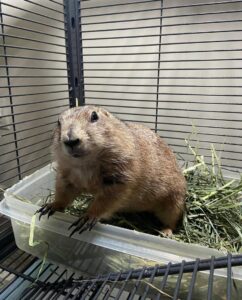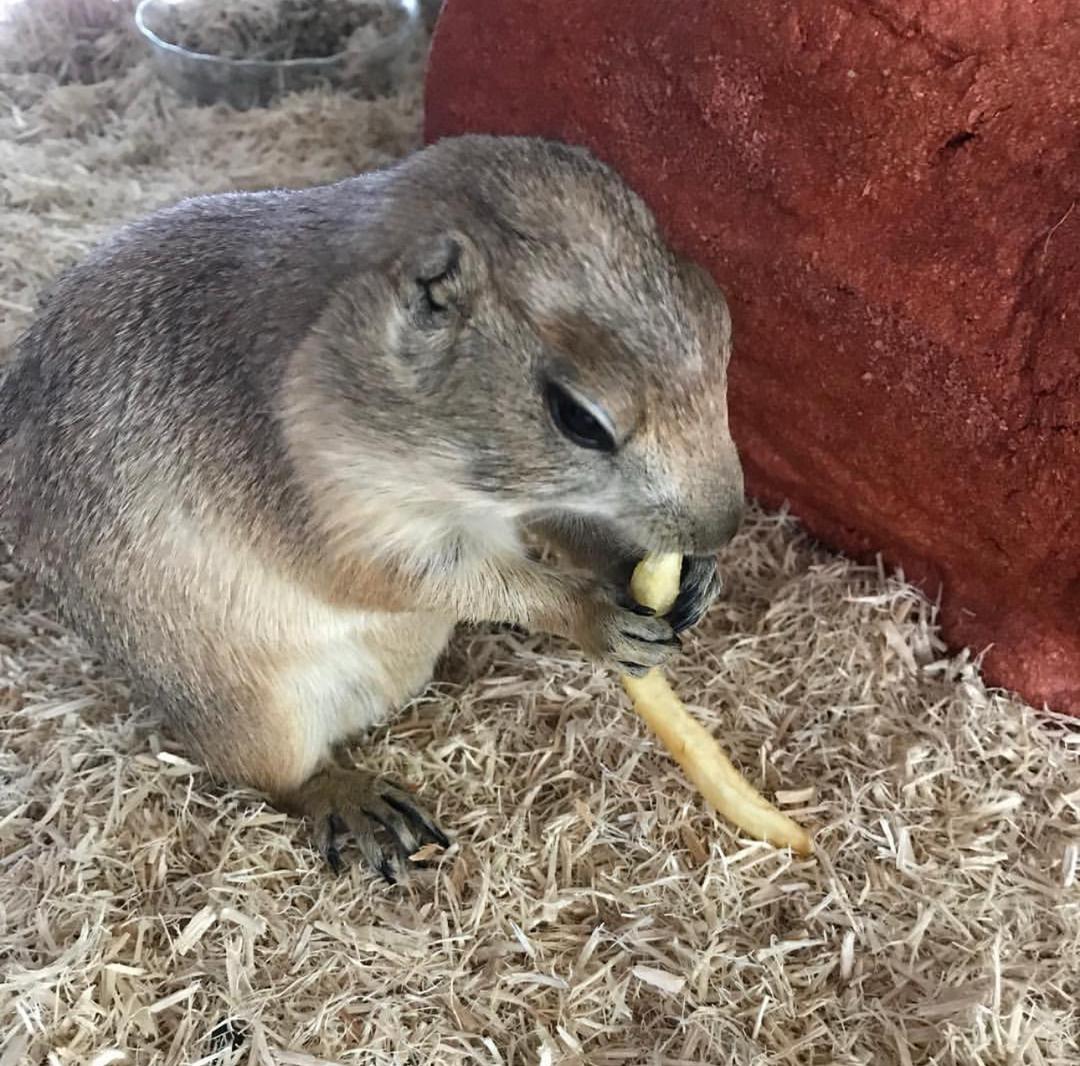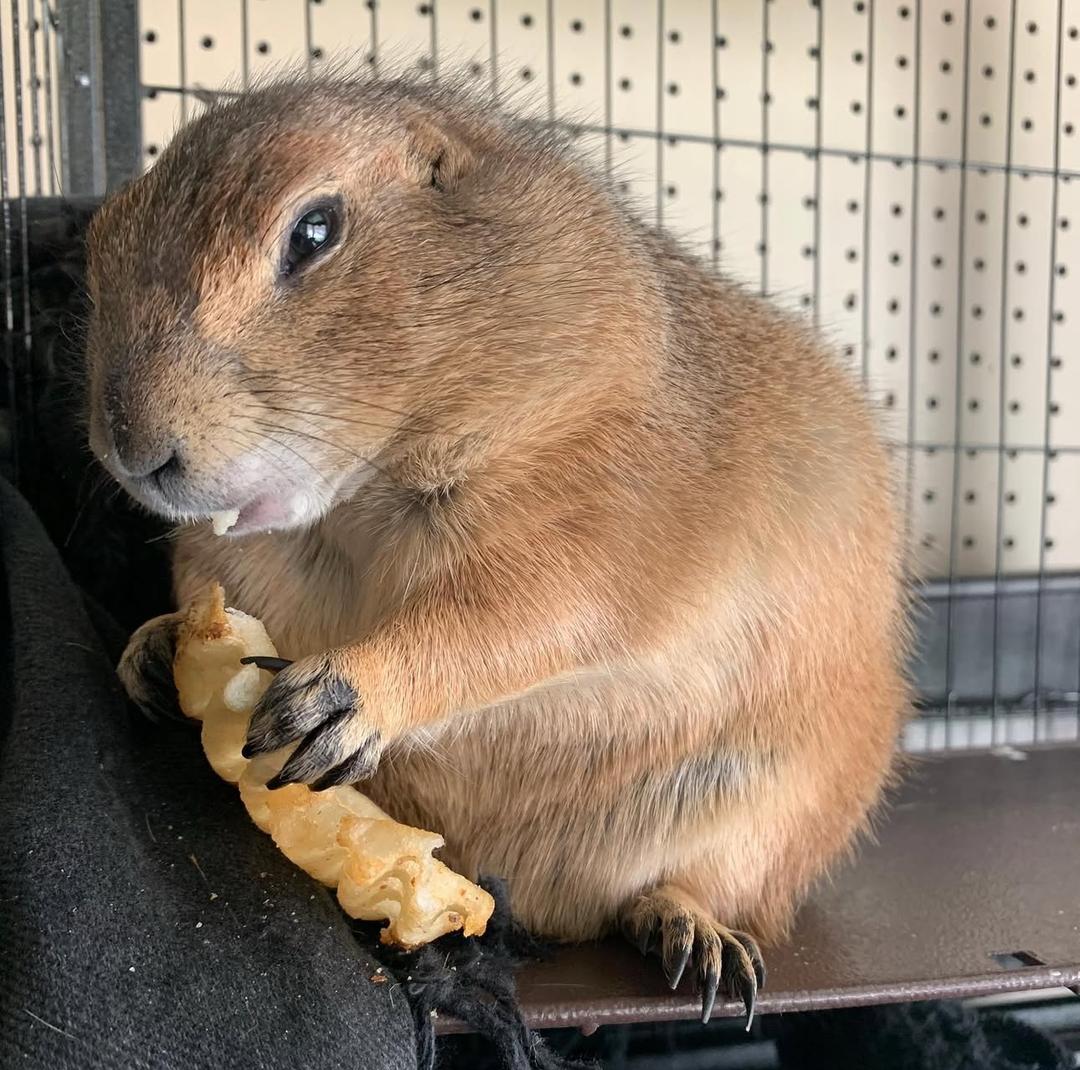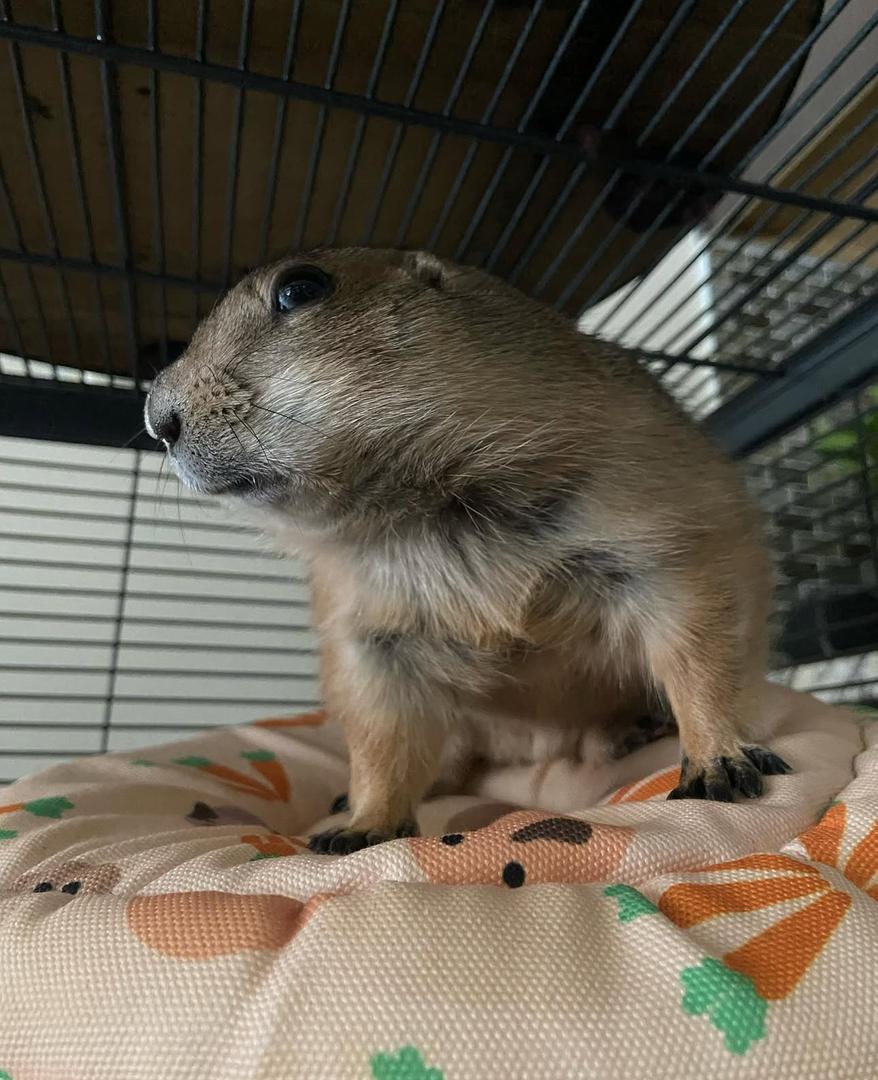Description
Prairie Dog for Sale: Your Ultimate Guide to Finding the Perfect Prairie Dog Companion

Are you searching for a Prairie Dog for sale? Prairie dogs make fascinating, social, and loving pets. Their playful nature, unique appearance, and intelligence make them an ideal choice for exotic pet enthusiasts. If you’re considering adding a prairie dog to your family, this guide will provide all the information you need to make an informed decision, from where to buy one to how to care for it.
Why Choose a Prairie Dog as a Pet?
Prairie dogs are small, burrowing rodents native to North America. They are known for their lively personalities and complex social structures. Prairie dogs can make excellent pets for the right family or individual, offering a rewarding experience for those who are prepared for the care they require.
Key Features of Prairie Dogs:
- Social Animals: Prairie dogs are highly social creatures that thrive in a group. They communicate through a variety of vocalizations and enjoy interaction with their owners.
- Intelligent and Trainable: Despite being small, prairie dogs are highly intelligent and can be trained to do simple tricks or even use a litter box.
- Long Lifespan: With proper care, prairie dogs can live up to 8-12 years, making them a long-term pet.
- Adorable and Active: These small creatures are full of energy and curiosity. They are known for their playful behavior, making them fun to watch and interact with.
Where to Find a Prairie Dog for Sale
Finding a healthy, ethically sourced prairie dog for sale can be a challenge. It’s essential to choose a reputable seller to ensure the health and well-being of your new pet. Here are some reliable places to look for prairie dogs:
1. Certified Breeders
Look for certified breeders who specialize in prairie dogs. A responsible breeder will provide you with information about the prairie dog’s health, diet, and any vaccinations it may need. Always ask about the animal’s lineage and health history before purchasing.
2. Exotic Pet Stores
Some exotic pet stores may carry prairie dogs for sale. It’s important to visit the store in person, observe the conditions where the prairie dogs are kept, and ask questions about their care.
3. Wildlife Rescues & Sanctuaries
In some cases, prairie dogs are available for adoption through wildlife rescues and sanctuaries. Adopting a prairie dog can be a great option if you’re looking to provide a loving home to a pet in need.
4. Online Pet Marketplaces
Some online platforms may offer prairie dogs for sale, but it’s essential to carefully research the seller before making any purchase. Always ensure the seller is reputable and follows ethical breeding practices.
How Much Does a Prairie Dog Cost?
The price of a prairie dog for sale can vary depending on factors such as the breeder, the prairie dog’s age, and its health. On average, the cost of a prairie dog can range from $150 to $300. Additional costs may include:
- Aviary Setup: Prairie dogs require a spacious, secure living environment. Setting up an appropriate cage or habitat can cost between $200 and $500.
- Diet and Care: Their diet mainly consists of hay, fresh vegetables, and occasional fruits. Budget around $100 to $200 per year for food and supplies.
- Veterinary Care: Routine vet visits and any unforeseen medical expenses can cost between $100 to $300 per year.
Prairie Dog Care Requirements
Before bringing a prairie dog into your home, it’s important to understand their care needs. Prairie dogs require a lot of attention, social interaction, and a specialized environment.
1. Spacious Cage or Habitat
Prairie dogs need a large, secure cage or habitat with plenty of room to dig and explore. Their natural instincts require them to burrow, so it’s important to provide them with materials they can dig into, such as bedding or shredded paper. Ensure the habitat is escape-proof, as prairie dogs are adept at finding small openings.
2. Diet and Nutrition
A balanced diet is essential for a healthy prairie dog. Their diet should consist primarily of high-fiber hay, fresh vegetables, and limited fruits. Provide a variety of leafy greens like kale, dandelion greens, and carrots. Avoid high-fat or sugary foods, as these can lead to health problems.
3. Socialization
Prairie dogs are incredibly social creatures and may become lonely or stressed if kept alone. It’s recommended to adopt two prairie dogs if possible, or spend significant time each day interacting with your prairie dog to keep it happy and healthy.
4. Health and Veterinary Care
Routine vet check-ups are essential to ensure your prairie dog’s well-being. Prairie dogs are susceptible to various health issues, such as obesity and dental problems, so regular monitoring of their diet and physical health is important.
Frequently Asked Questions (FAQs)
1. Are prairie dogs legal to own?
In some areas, owning a prairie dog is restricted or regulated due to their status as wildlife. Be sure to check your local laws and regulations before purchasing a prairie dog to ensure it is legal in your area.
2. Can prairie dogs live alone?
While prairie dogs are social animals and thrive in groups, they can live alone if they receive sufficient interaction from their human owners. However, it’s recommended to have at least two prairie dogs to fulfill their social needs.
3. How long do prairie dogs live?
With proper care, prairie dogs can live between 8 to 12 years. Their lifespan can vary based on diet, living conditions, and health care.
4. Do prairie dogs need a lot of space?
Yes, prairie dogs require a lot of space to roam, dig, and play. A small cage will not provide enough room for them to thrive. Be sure to provide a large, secure enclosure with room for exploration.
5. What do prairie dogs eat?
Prairie dogs eat a variety of foods, including hay, fresh vegetables, and small amounts of fruits. Some of their favorites include carrots, lettuce, and dandelion greens. Ensure a high-fiber diet to keep them healthy.
Final Thoughts: Is a Prairie Dog Right for You?
Owning a prairie dog can be a rewarding and fulfilling experience for those who understand their unique needs. They make great pets for people who have the time and resources to devote to their care and are looking for an interactive, social companion. Whether you’re purchasing a prairie dog from a breeder, adopting one from a rescue, or finding one at an exotic pet store, ensure that you’re prepared to meet their needs for space, nutrition, and social interaction.
If you’re ready to welcome a prairie dog into your life, take the time to find a reputable seller and prepare your home for your new pet. With proper care, a prairie dog can bring joy, companionship, and a unique dynamic to your household for many years to come.






